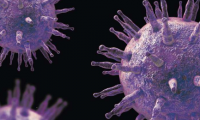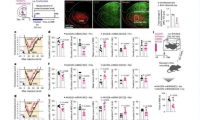-
Refined carbs and red meat driving global rise in type 2 diabetes, study says
- Source: drugdu
- 120
- April 18, 2023
-
Pre- and post-surgical immunotherapy-based treatment significantly improved lung cancer outcomes
- Source: drugdu
- 116
- April 18, 2023
-
Scientists find mutations, say threat is still low
- Source: drugdu
- 125
- April 17, 2023
-
Caris Life Sciences and Flare to collaborate for oncology pipeline advancement
- Source: drugdu
- 166
- April 17, 2023
-
The policy, and politics, of Medicare Advantage
- Source: drugdu
- 127
- April 17, 2023
-
Higher Paxlovid uptake in winter 2022 could have prevented nearly 5,000 deaths
- Source: drugdu
- 100
- April 17, 2023
-
Pregnant women show unique immune response to COVID-19
- Source: drugdu
- 109
- April 17, 2023
-
How a virus causes chromosomal breakage, leading to cancer
- Source: drugdu
- 136
- April 14, 2023
-
Study unveils neural processes underpinning the re-emergence of consciousness after anesthesia
- Source: drugdu
- 138
- April 14, 2023
-
How AI and a mobile phone app could help you quit smoking
- Source: drugdu
- 124
- April 14, 2023
your submission has already been received.
OK
Subscribe
Please enter a valid Email address!
Submit
The most relevant industry news & insight will be sent to you every two weeks.













